For software developers, there are some books you must absolutely read.
What is the single most influential book every programmer should read?
How about for sysadmins? Is there a similar list of books?
For software developers, there are some books you must absolutely read.
What is the single most influential book every programmer should read?
How about for sysadmins? Is there a similar list of books?
The only essential I have is The Practice of System and Network Administration by Limoncelli, Hogan, et al. My first edition copy lives on my desk
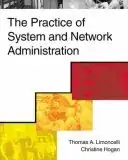
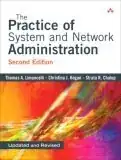
It may be a bit dated, but you can't learn how to properly do your job (or how not to, I forget which one) without looking into the writings of the Bastard Operator From Hell.
Edit: Here are some links
For network admins: TCP/IP Illustrated, Volume 1: The Protocols (2nd Edition). You should know how TCP/IP works.
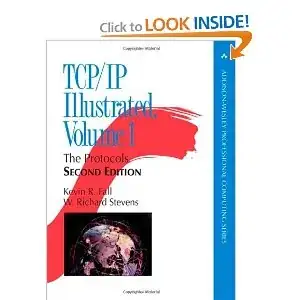
Zen and the Art of Motorcycle Maintenance: An Inquiry into Values
(Often regarded as one of the best books on any topic.)
This quote (found here) is relevant:
My personal feeling is that this is how any further improvement of the world will be done: by individuals making Quality decisions and that's all. God, I don't want to have any more enthusiasm for big programs full of social planning for big masses of people that leave individual Quality out. These can be left alone for a while. There's a place for them but they've got to be built on a foundation of Quality within the individuals involved. We've had that individual Quality in the past, exploited it as a natural resource without knowing it, and now it's just about depleted. Everyone's just about out of gumption. And I think it's about time to return to the rebuilding of this American resource - individual worth.
Unix Power Tools, Third Edition. I own three copies of this, two in the office and one at home.
If you like to become a Unix guru, grow a beard and read this book.
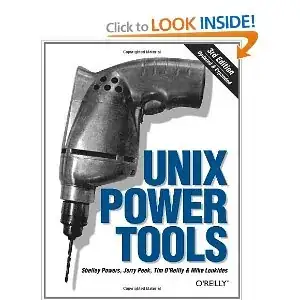
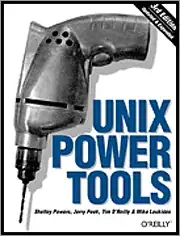
Essential System Administration was already mentioned. Espescially useful if you are the boss to a group of SA's
For me a very exciting must read book was http://en.wikipedia.org/wiki/The_Cuckoos_Egg
Using deft allegory, the authors have provided an insightful and intuitive explanation of one of Unix's most venerable networking utilities. Even more stunning is that they were clearly working with a very early beta of the program, as their book first appeared in 1933, years (decades!) before the operating system and network infrastructure were finalized.
Unix System Management Primer Plus, by Jeff Horwitz.
Unix System Management Primer Plus http://www.informit.com/ShowCover.aspx?isbn=0672323729
Best choice: Unix System Management Primer Plus, by Jeff Horwitz.
This book is almost criminally unknown, if you ask me. There's a ton of excellent technical books out there that will tell you specific details of operation of a particular piece of hardware, or a piece of software. There's lots of good ones on scripting, automation, and programming.
This isn't the book to teach you every aspect of administering your server or application, but this is the one that teaches you how to be a System Administrator.
It covers things that you just don't find in other books, including chapters on infrastructure and data center design and build out, server deployment, patching and upgrades, monitoring, user support, outages, high availability, capacity planning, automation, security, and more.
If you want to run one Unix/Linux box in your basement as a home server, this isn't the book for you. If you want to work as a System Administrator, particularly with Unix/Linux, you absolutely should read this book.
The Cuckoo's Egg: Tracking a Spy Through the Maze of Computer Espionage by Cliff Stoll
This isn't a technical book, but a true story about how a real person stumbles upon a hacker. He watches the hacker operate and notifies various three letter agencies with little or no response.
The book that shaped my life as a sysadmin, it's a bit outdated but written from the dads (at least one of them) of UNIX.
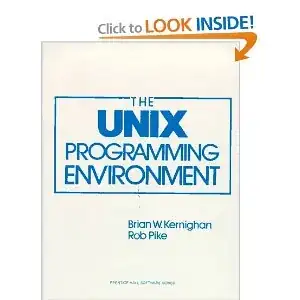
Get it here.
(ug, I think my comment got eaten)
Anyway, while I wouldn't quite call it the most influential book that every sysadmin should read, I enjoyed The Craft of System Security. It does a good job of covering (at least from a high level) the history, theory and practice of security. Oh, and it's even written well enough it won't consistently put you to sleep!
Not for the faint of heart, this is the only book I know that tries to describe and explain adiministering complex systems using systematic, scientific principles and mathematical models.
From the author of cfengine:
Mark Burgess: Principles of Network and System Administration
While not technical (and maybe a bit cliched now?) the principles are fantastic and highly applicable to sysadmin work.
In the beginning was the command line
Not exactly SysAdmin related but it has to be one of the most influential IT books out there.
I'll second the Limoncelli, et.al. 'The Practice of System and Network Administration,' but I'll add another, and possibly place it higher - Eliyahu M. Goldratt's 'The Goal: A Process of Ongoing Improvement' I think it places any enterprise SysAdmin in the mindset of 'how do all plates spinning lead to a company's common goal.' When I worked QA/Field Engineer work at an ERP software co., prior to getting into SysAdmin work, this was 'the bible.'
I think the most influential book that you can read is Sex, Drugs and Economics: An Unconventional Introduction to Economics.
It's a pop economics book written by a british economist.
Since System Administration involves many different skills and it's usually different tasks depending where you're working, I believe it's important to develop a mindset using this book and making your own choices about what's best.
Wwhen i was starting to work as a Systemadministrator alot of changes pass my life. The Point at this time was i had no idea what i had to expect with this changes. And i desided to read [1]. In a little distanced view i think that gave me alot of improvement for my daily work.
While this book is rather old - principles do not die easily. Combine it with The Linux Administration Handbook mentioned above, serve chilled:
UNIX System Administration Handbook
Also this one will help:
Essential Drucker, Druckers Management Essentials
I might get booted off of this site, given who wrote this, but...
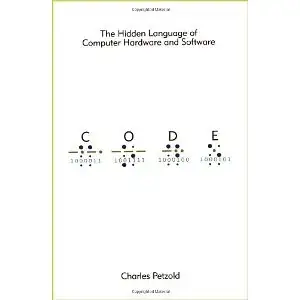
You can't go wrong with a book that starts with nothing, involves a dude in a telegraph relay office who wants to go fishing, and ends with a fully working computer.
Another great choice; it's not the newest, but it explains things in a fundamental way, from which standpoint you can understand the newest fanciness:
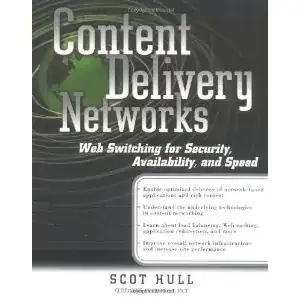
In terms of giving you the baseline understanding of everything you need to know, grab these two. With a good foundation, you can then build a great house.
Some of the best book's I have ever read...
The Practice of Systems and Network administration by Limoncelli - will probably be a common theme in this thread.
Writing secure code by M. Howard - honestly changed the way I write code in the span of about 2 days.
Beginning Python by Hetland - Python for people who already know how to program.
The Visible Ops Handbook: Implementing ITIL in 4 Practical and Auditable Steps by Kevin Behr, Gene Kim and George Spafford.
This gives a great guide to getting IT under control and improving it, based on the experiences of high performing IT organisations. From the book website:
Phase 1 - Stabilize Patient, Modify First Response
Almost 80% of outages are self-inflicted. The first step is to control risky changes and reduce MTTR by addressing how changes are managed and how problems are resolved.
Phase 2 - Catch and Release, Find Fragile Artifacts
Often, infrastructure exists that cannot be repeatedly replicated. In this step, we inventory assets, configurations, and services to identify those with the lowest change success rates, highest MTTR and highest business downtime costs.
Phase 3 - Establish Repeatable Build Library
The highest return on investment is implementing effective release management processes. This step creates repeatable builds for the most critical assets and services, to make it "cheaper to rebuild than to repair.”
Phase 4 - Enable Continuous Improvement
The previous steps have progressively built a closed-loop between the Release, Control and Resolution processes. This step implements metrics to allow continuous improvement of all of these process areas, to best ensure that business objectives are met.
And finally, short and sweet - not a 1000 page tome to wade through.
Sun Tzu: The Art of War. This is a very important book for sys administrators too because you will see many example to help you through difficult and challenging times in your career. You will learn how to win without fighting a single battle.
If there really is a "must read" book for either sys admins or programmers I've yet to come across it. No one book has anywhere near enough information to fit the description. However, there are books that might qualify if you greatly narrow down the target audience. For me the most valuable book I have is The Perl Cookbook (second edition). It's the only one I open on a fairly regular basis.
I vote for UNIX hints and hacks. A lot of the content is out of date now but it still helped me to think like a UNIX admin.